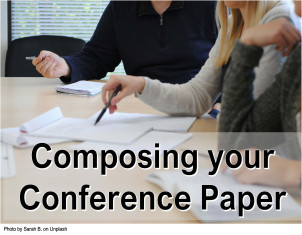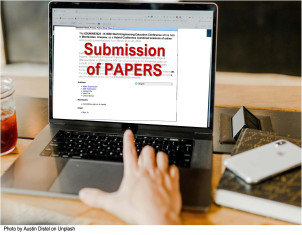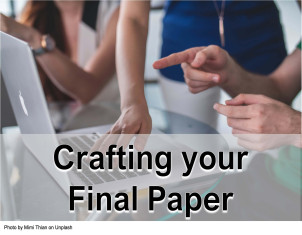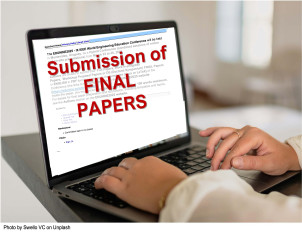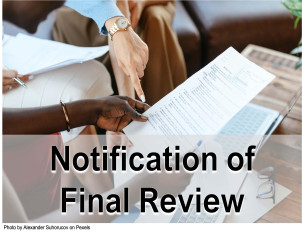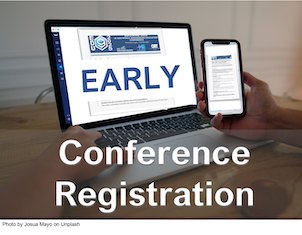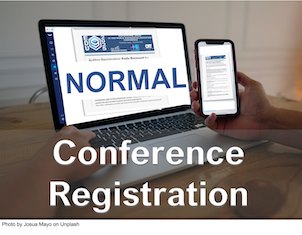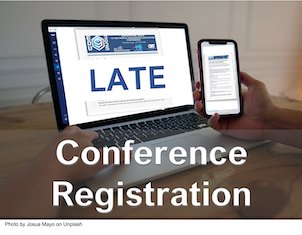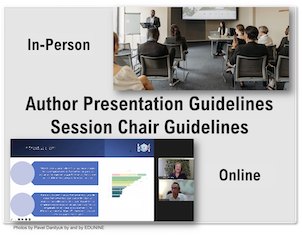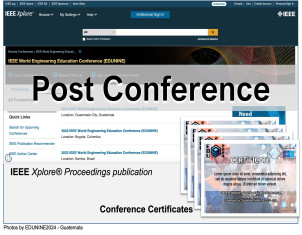
Peer Review Process and Notification
Ensuring the originality and quality of published research is paramount for academic conferences. This is achieved through a rigorous three-step vetting process. First, submissions undergo prescreening, where editors ensure they meet basic formatting requirements, page limits, and align with the conference scope and topics. Qualified papers then progress to a double-blind or single-blind (depending on paper type) peer review stage. Here, anonymous experts in the field assess the research methodology, the novelty of findings, and the paper's contribution to the discipline. Finally, editors consider reviewer feedback and how authors incorporate revisions into the final version (camera-ready) before making a final acceptance decision. This meticulous process guarantees the publication and oral presentation of high-quality and impactful research.
Countdown Timer
Paper Review Phases Overview
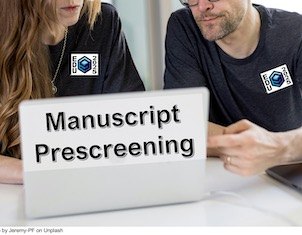
Prescreening
Prescreening is the initial evaluation process to determine if a paper is suitable for consideration at our conference. This step ensures that submissions align with the conference scope, meet quality standards, and are written in English. Each paper will be reviewed for relevance to the conference topics, clarity and rigor of research, and adherence to language requirements. Only papers that pass this preliminary check will proceed to the full review stage.

Peer-Review Process and Notification
The peer review process involves a thorough evaluation by experts in the field to assess the validity, significance, and originality of the submitted papers. Based on the reviewers' feedback and scores, the Program Committee will make the final acceptance decisions. Authors will be notified of the outcomes by email, which could include acceptance, minor revisions, major revisions, or rejection. Only papers that are accepted will advance to the next stage, where authors will prepare and submit their final, camera-ready versions for the final acceptance review.
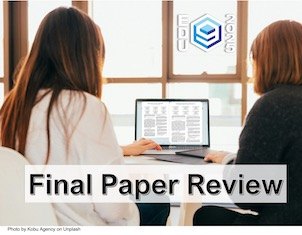
Next Steps for Accepted Papers: Crafting your Final Paper
Authors with accepted papers (Clear Accept, Conditionally Accepted with minor/major improvements, and Conditionally Accepted as Work-in-Progress) will enter the next phase: preparing and submitting their final, camera-ready papers. Detailed guidelines and instructions will be provided to assist authors in preparing their camera-ready submissions for presentation and publication. All final papers will be reviewed by the EDUNINE2025 Technical Program Committee to ensure they meet the quality requirements for oral presentation and pass the IEEE Xplore® quality check.

